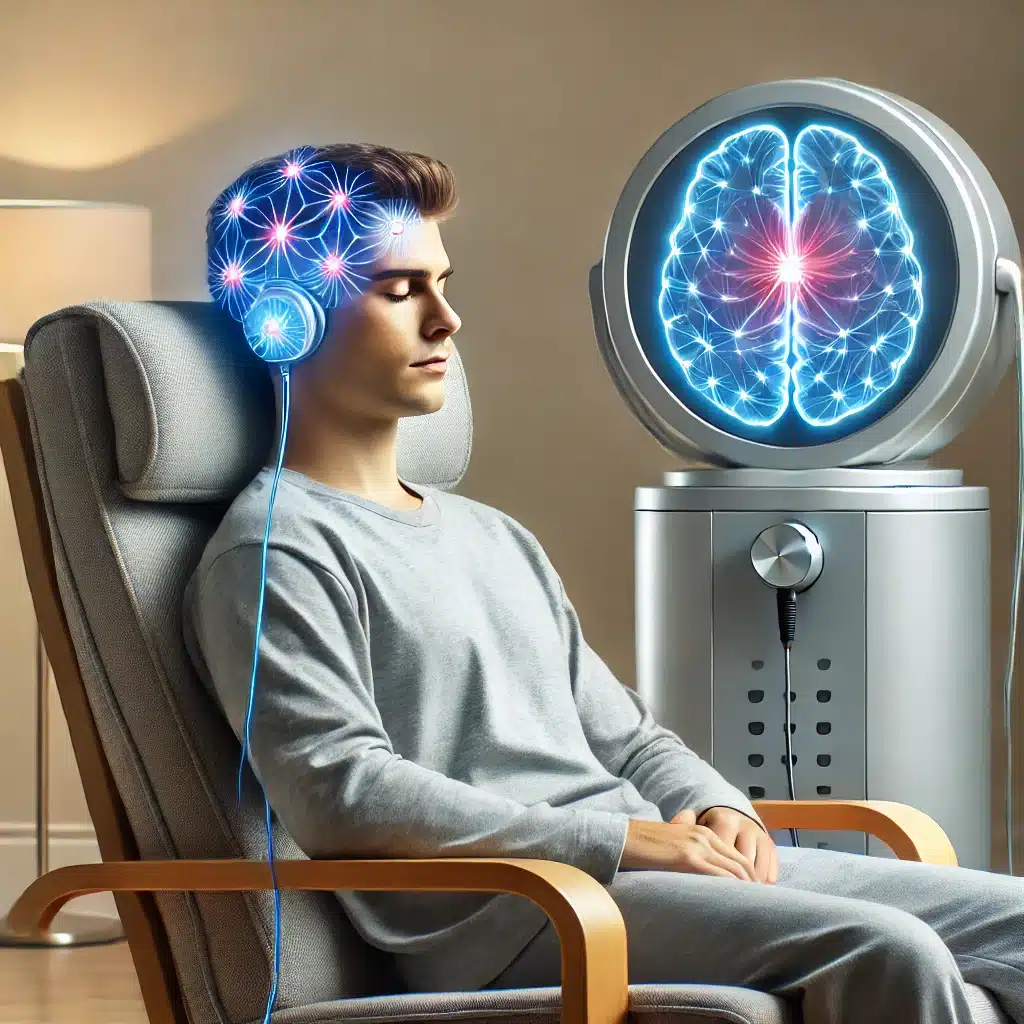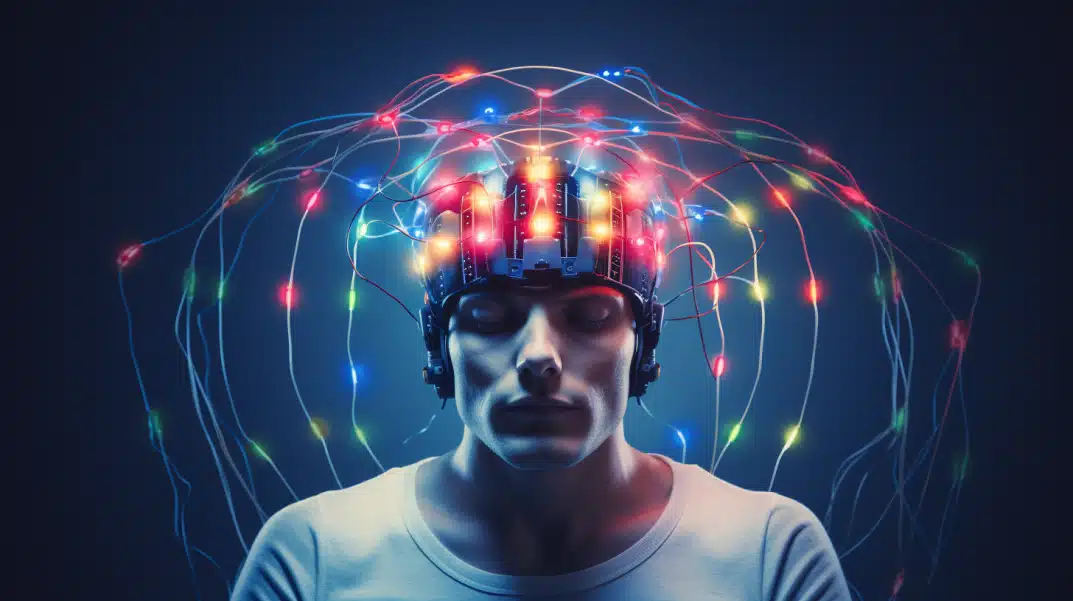Transcranial Direct Current Stimulation (tDCS) of Left Dorsolateral Prefrontal Cortex Seems Effective for Depression & Anxiety (2024 Review)
Transcranial direct current stimulation (tDCS) targeting the left dorsolateral prefrontal cortex (DLPFC) at 2-mA intensity effectively alleviates depressive symptoms and shows promise in reducing anxiety symptoms across various clinical conditions. Highlights: tDCS targeting the left DLPFC significantly reduces depressive symptoms, highlighting it as a transdiagnostic neural mechanism across diverse clinical conditions. The meta-analysis showed that …










